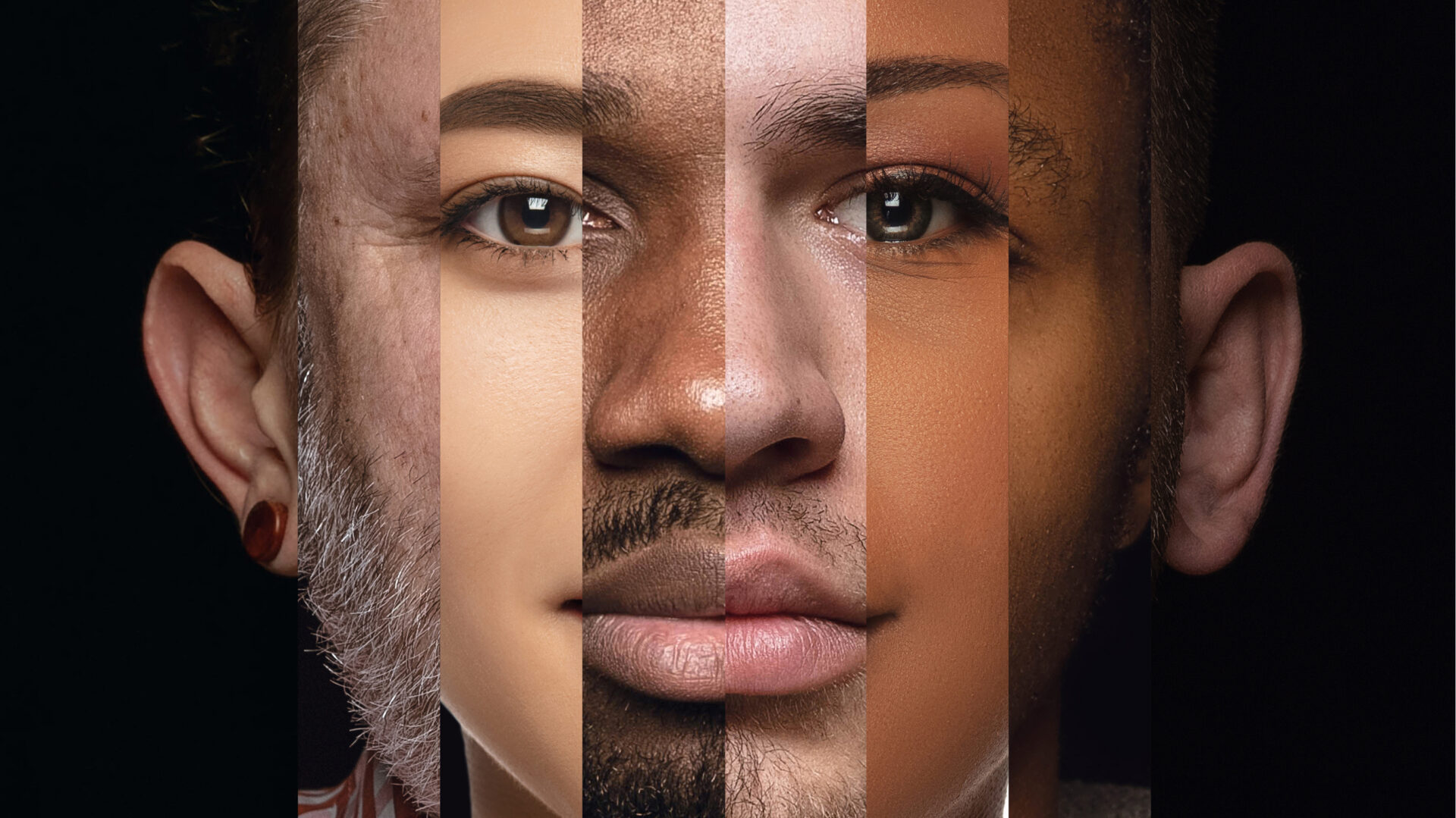So I just got back from Prudential’s Align 2025 conference, and I’ve got to tell you about this keynote that’s still bouncing around in my head. Jay Baer took the stage, and honestly? I haven’t been that dialed in during a presentation in years. The whole event was solid, but this talk really hit different.
Here’s the thing that hit me. We’re all freaking out about AI taking over everything. And yeah, it’s everywhere. But Jay made this point that completely flipped my perspective on its head.
The AI Arms Race Nobody’s Winning
So I just got back from this conference at work – Prudential’s Align 2025 event. Honestly, I wasn’t expecting much. You know how these corporate conferences can be, right? But then Jay Baer took the stage, and man, I haven’t been that locked in during a keynote in years.
Here’s the thing that hit me. We’re all freaking out about AI taking over everything. And yeah, it’s everywhere. But Jay made this point that completely flipped my perspective on its head.
The AI Arms Race Nobody’s Winning
Jay dropped this quote from Google’s Sundar Pichai that AI is “the most profound technology humanity will ever work on – more than fire or electricity.” Heavy stuff. And you feel it, don’t you? Every company is scrambling to implement AI faster than their competitors.
But here’s where it gets interesting. Jay said in 18 months, AI will be essential just to stay in business. However, in 30 months? It won’t matter anymore because everyone will have it.
Think about that for a second. When every company uses AI to be more efficient, nobody has an advantage. It’s like when everyone started having websites in the 2000s. Cool at first, but then it just became expected. Real AI transformation goes beyond just having the technology.
What Actually Makes People Tell Stories
This part really got me thinking about my own work designing experiences. Jay broke down customer experience in the simplest way I’ve ever heard it.
CX isn’t some big abstract thing. It’s literally just the gap between what customers expect and what actually happens. That’s it. Easy to understand, ridiculously hard to nail consistently.
Now here’s the kicker. Being good at your job? That just keeps customers from leaving. It doesn’t make them love you. Meanwhile, one genuinely kind human interaction? That’s what people remember and talk about.
Jay shared this example from KLM airlines that stuck with me. Instead of sending a generic text about lost items, they had this beagle deliver stuff back to passengers. Totally unnecessary, completely over-the-top, and people still talk about it.
The Numbers Don’t Lie
Research shows customer-obsessed companies have 300% lower churn rates. Three hundred percent! That’s not a typo. The simplest path to growth? Never lose a customer again.
But expectations keep rising. As soon as you get better, customers expect more. It’s exhausting, but that’s the game we’re in.
Three Ways to Actually Stay Human
Alright, so how do we actually do this? Jay gave us three concrete approaches that actually make sense in the real world.
Be More Personal
A third of finance customers already feel like they’re just a number. That’s a problem. Especially now that both companies AND customers are starting to use AI agents to interact.
You need to find ways to make it feel personal, even when it’s not. I know that sounds impossible, but it’s the only way forward. Otherwise, you’re just another faceless corporation talking to someone’s AI assistant. The key is understanding how teams actually work with AI in practice.
Be More Patient
This one surprised me. In a world obsessed with speed, sometimes people actually want the slow lane. Jay mentioned this grocery store in Edmonton that literally has a “slow checkout” where cashiers chat with customers.
Sounds wild in 2025, right? But think about it. When everything is optimized for speed, taking your time becomes the luxury. It transcends the transaction and creates something memorable.
Be More Perceptive
Use what you know about customers to actually exceed their expectations in meaningful ways. Not creepy targeted ads – I’m talking about using insights to genuinely help.
When your knowledge translates into thoughtful action, that human touch becomes incredibly valuable. Precisely because it’s rarer than ever in an automated world.
Measuring What Actually Matters
Jay challenged us to rethink our metrics. NPS scores and satisfaction ratings are fine, but they’re not measuring the right thing anymore.
The real questions we should ask: How human did this feel? How likely are you to tell a story about this interaction? Those are the metrics that matter when technology becomes table stakes.
Look, I work in product design, and I’ve spent years obsessing over user flows and conversion rates. Those things still matter. Nevertheless, they’re not what makes someone become an advocate for your brand.
Why This Matters Right Now
Here’s what kept bouncing around in my head after the conference. AI is going to make everything efficient. It’s going to automate tasks we didn’t think could be automated. Companies will use it to cut costs and speed things up.
But efficiency alone won’t win loyalty. Furthermore, it won’t create the kind of word-of-mouth that actually drives growth. Only humanity does that.
The brands that win in five years won’t be the ones with the best AI. They’ll be the ones who figured out how to stay genuinely human while everyone else was racing to automate everything.
The Devil’s Advocate Take
Now, you might be thinking: “This sounds expensive and hard to scale.” And yeah, you’re right. It’s way easier to just let AI handle everything and optimize for efficiency.
But consider what happens when your competitor does the same thing. You’re both equally efficient, equally fast, equally automated. What’s left to differentiate you? Nothing. You’re in a race to the bottom on price because there’s no other way to compete.
Investing in humanity isn’t the expensive option. It’s the only sustainable option.
What I’m Taking Away From This
This keynote shifted how I think about everything I design. It’s not about creating the most streamlined experience anymore. It’s about finding moments to inject genuine humanity into digital interactions.
Consequently, I’m asking different questions now. Where can we slow down instead of speed up? Where can we be more personal instead of more automated? Where can we create a moment worth talking about? As search behavior evolves with AI, these human moments become even more critical.
AI will handle the baseline. It’ll make things work smoothly and efficiently. That’s table stakes. Our job as designers, as business people, as humans? Creating the moments that AI can’t.
At the end of the day…
Jay Baer didn’t tell us to ignore AI or resist automation. That would be ridiculous. Instead, he showed us why humanity becomes more valuable as everything else gets automated.
Efficiency keeps you in the game. Humanity wins the game. When AI can do everything, the human touch is what people will pay for, talk about, and stay loyal to.
So yeah, that’s what I learned at a corporate conference. Sometimes these things actually deliver. Are you measuring humanity in your customer experience? Because if you’re not, you’re probably measuring the wrong things.
The future isn’t choosing between human or AI. It’s figuring out how to use AI to be more human. That’s the competitive advantage nobody can copy.






